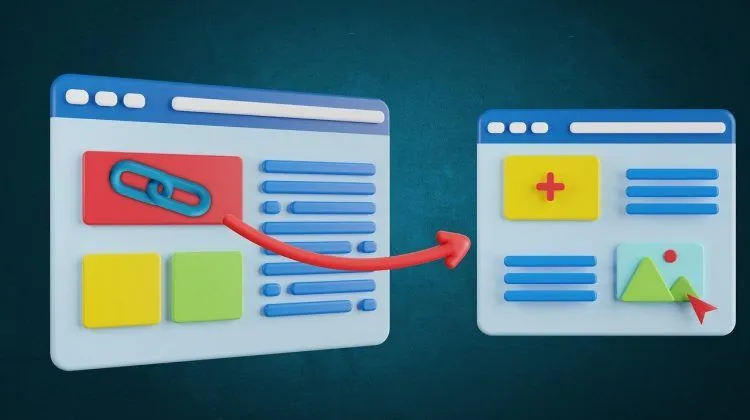
Gaurav pradhan December 13, 2024
Collected at: https://datafloq.com/read/how-ai-is-revolutionising-agriculture/
How AI is Revolutionising Agriculture
Agriculture is the backbone of many economies and a vital industry that feeds the growing global population. With challenges such as climate change, pest infestations, and resource scarcity, farmers are turning to technology for solutions. Artificial Intelligence (AI) is emerging as a game-changer in agriculture, helping to enhance productivity, reduce costs, and promote sustainable practices. Here are some ways AI is transforming the agricultural sector:
1. Precision Farming
AI-powered tools allow farmers to monitor and manage their fields with exceptional accuracy. By analysing data from sensors, drones, and satellites, AI can:
Predict optimal planting and harvesting times.
Monitor soil health and moisture levels.
Recommend precise amounts of water, fertilisers, and pesticides. This ensures better yields and reduces waste, making farming more efficient.
2. Crop Health Monitoring
AI-driven systems can detect diseases and pest infestations early by analysing images of crops. Using machine learning algorithms, these systems can identify issues and suggest remedies, often before visible signs appear. This minimises crop losses and reduces the need for harmful chemicals.
3. Weather Forecasting
Weather conditions have a significant impact on agriculture. AI models analyse historical and real-time weather data to provide accurate forecasts, enabling farmers to make informed decisions about irrigation, planting, and harvesting. Advanced predictive analytics also help in preparing for extreme weather events.
4. Robotics and Automation
AI-powered robots are revolutionising tasks like planting, weeding, and harvesting. These robots:
Work around the clock without fatigue.
Perform tasks with greater precision than human labour.
Reduce dependency on manual labour, which is often scarce and expensive.
5. Supply Chain Optimisation
AI helps streamline the agricultural supply chain by:
Predicting market demand and pricing trends.
Reducing post-harvest losses through efficient storage and transportation.
Connecting farmers directly with consumers or retailers, ensuring better profits.
6. Smart Irrigation
Water scarcity is a pressing issue in agriculture. AI-powered systems use data from sensors and weather forecasts to optimise irrigation schedules. These systems ensure crops receive the right amount of water at the right time, conserving water and boosting yields.
7. Sustainable Farming Practices
AI encourages sustainable agriculture by:
Promoting crop rotation and diversification to maintain soil fertility.
Reducing chemical usage through precise application.
Supporting organic farming practices with actionable insights.
Conclusion
AI is playing a pivotal role in addressing the challenges faced by modern agriculture. By integrating AI technologies, farmers can enhance efficiency, reduce environmental impact, and increase profitability. As AI continues to evolve, its applications in agriculture will expand, paving the way for a smarter, more sustainable future for farming. Tools like Farmkey exemplify how technology is empowering farmers globally, making advanced solutions accessible and efficient.

Leave a Reply